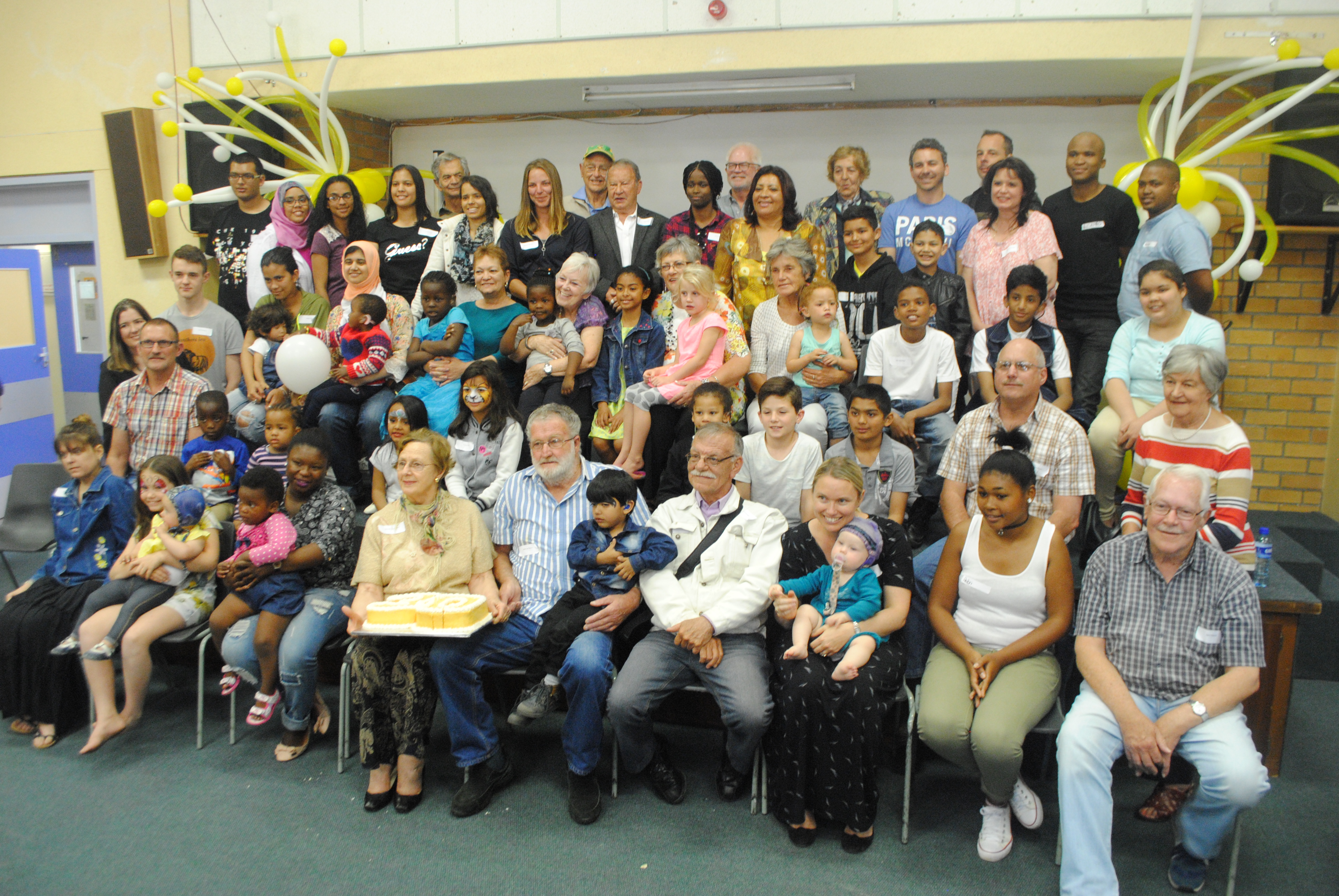
News
Tygerberg Cochlear Implant Unit celebrated 30 years of cochlear implantation
T
This celebration provided an opportunity for all the role players, cochlear implant recipients and their families to celebrate this milestone in the establishment and delivery of an exceptional service and the miracle of cochlear implantation to children and adults with severe to profound hearing loss.
The first cochlear implant unit in South Africa was established 30 years ago at Tygerberg Hospital. It was placed at Tygerberg hospital because this type of intervention requires a multidisciplinary team of ENT surgeons, audiologists, speech-language therapists, radiologists, paediatricians and educators. The departments of Otorhinolaryngology, Audiology and Speech Therapy and the Carel du Toit Centre were ideally suited to meet these requirements. The aim was to set up a broad geographic provision for cochlear implantation in South Africa, to develop evaluation materials, and to set standards for subsequent units. Being situated at an academic hospital ensured that ongoing training of key professionals and long-term sustainability required for patient follow up could be provided. Recipients all over South Africa had to travel to Cape Town for the service. Some families even relocated to be closer to Tygerberg Hospital. Now there are implant programs in other parts of the country including Pretoria, Johannesburg, Bloemfontein, Port Elizabeth and Durban.
Cochlear implantation can be called a modern miracle and is now firmly established as an effective option in the rehabilitation of children and adults with severe-to-profound hearing loss. Cochlear implants represent the single most important advance in the management of hearing impaired children and adults. Since 1990 implant technology has become the best practice standard for children with severe-to-profound hearing loss. Benefits beyond improved hearing include enhanced quality of life, social integration, educational and vocational opportunities.
The first multichannel cochlear implant was done on the 4th November 1986 at Tygerberg Hospital by Ear Nose and Throat Specialist and Head of Department Professor Derrick Wagenfeld and audiologist Mrs. Alida Müller. Since then 640 adults and children have been implanted.
Since the beginning of the cochlear implant program there have been many changes in the candidacy criteria, surgical procedures, implant design, speech coding strategies and speech processors. Initially only adults with bilateral profound hearing loss who lost their hearing after they had developed spoken language could be implanted. In 1988 the first child was implanted at the age of nine years. Children younger than two years could not be implanted until 1998. Today we know that children born deaf who achieve the best results are among those who have received bilateral cochlear implants before two years of age. Their successful participation in mainstream education has become a realistic expectation. Stimulation of the hearing system in the brain during the sensitive/critical periods is central to normal development of hearing, speech and language development. In 1999 the first 6 month old child was implanted.
Historically, development of spoken language by children born deaf has been influenced by the technology of the time. Children born with a profound hearing loss had limited success in development of spoken language. Unlike many other congenital or early-onset disabilities, infants with hearing loss have the prospect of outcomes potentially matching those of their hearing peers provided the hearing loss is identified early and intervention is initiated by 6 months of age. Children who receive cochlear implants before the age of 2 years are usually able to attend mainstream schools and have expressive and receptive spoken language skills that are close to those of children with normal hearing.
Laticia Pienaar
Communications Officer
Tygerberg Hospital
Tel: 021 938 5454


